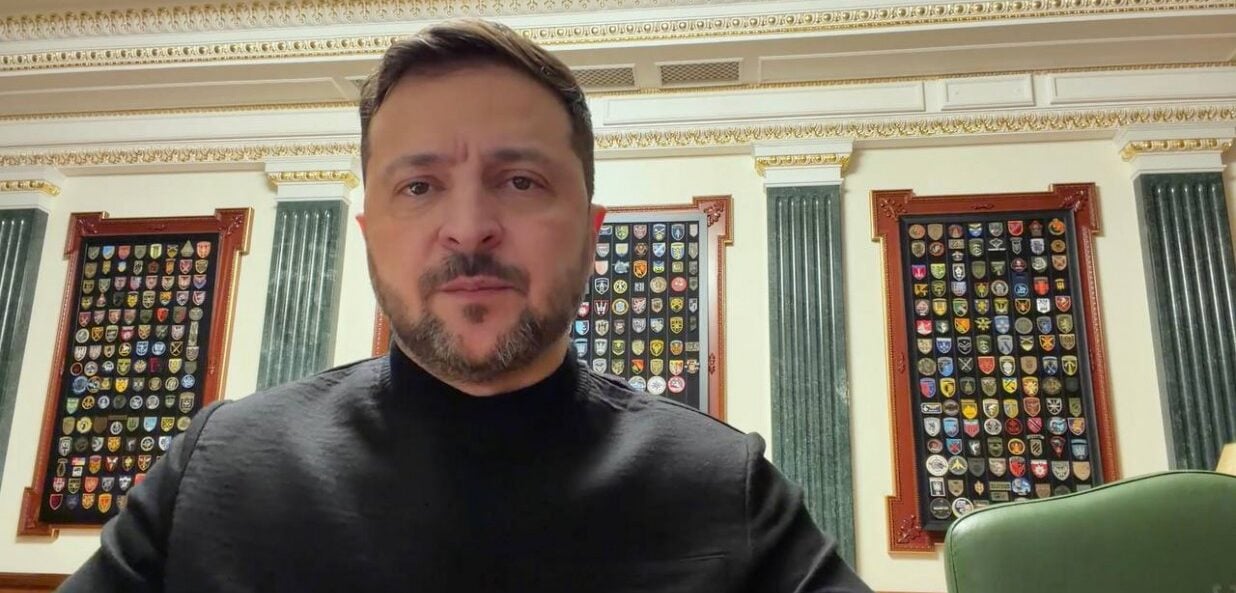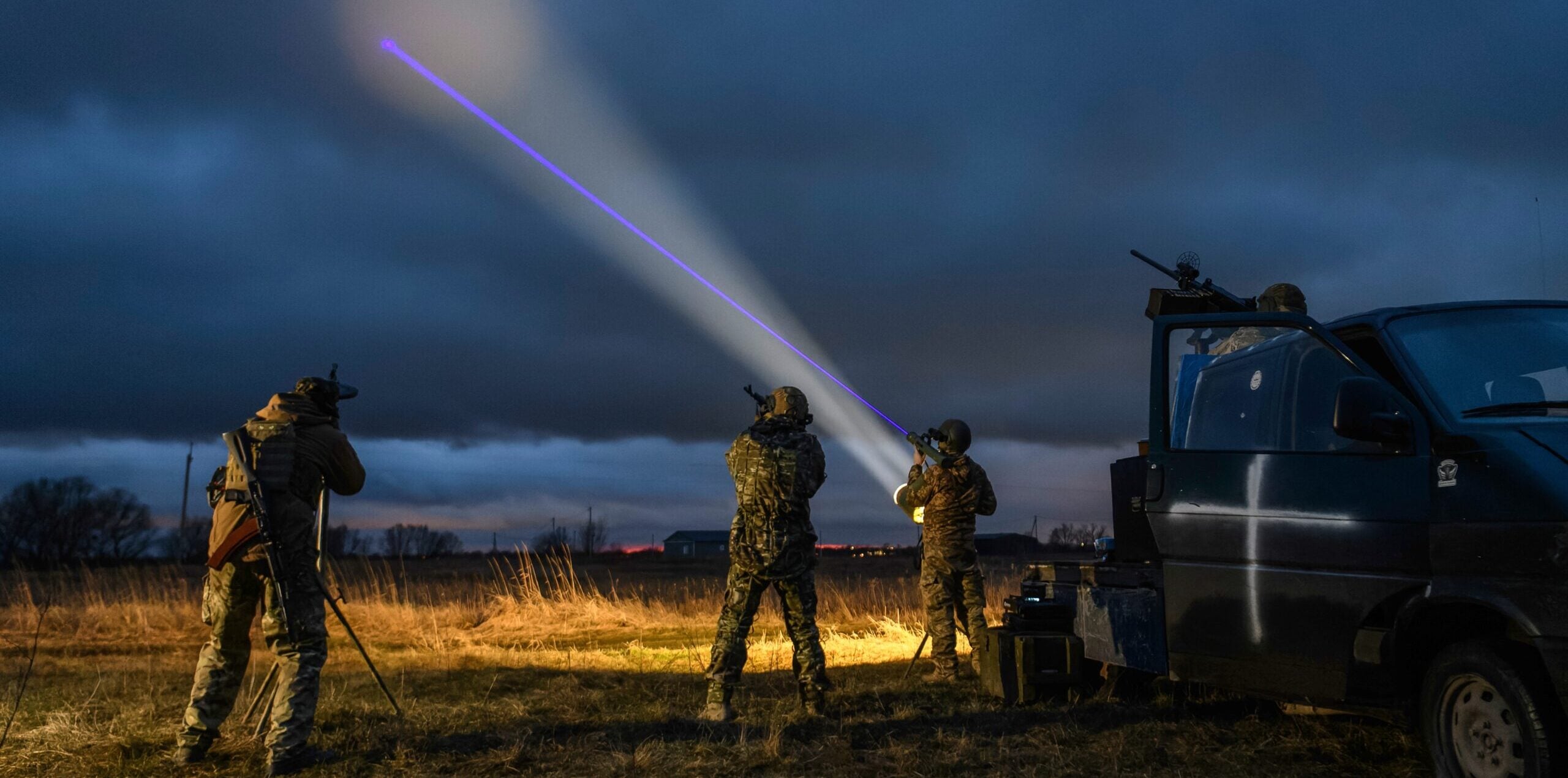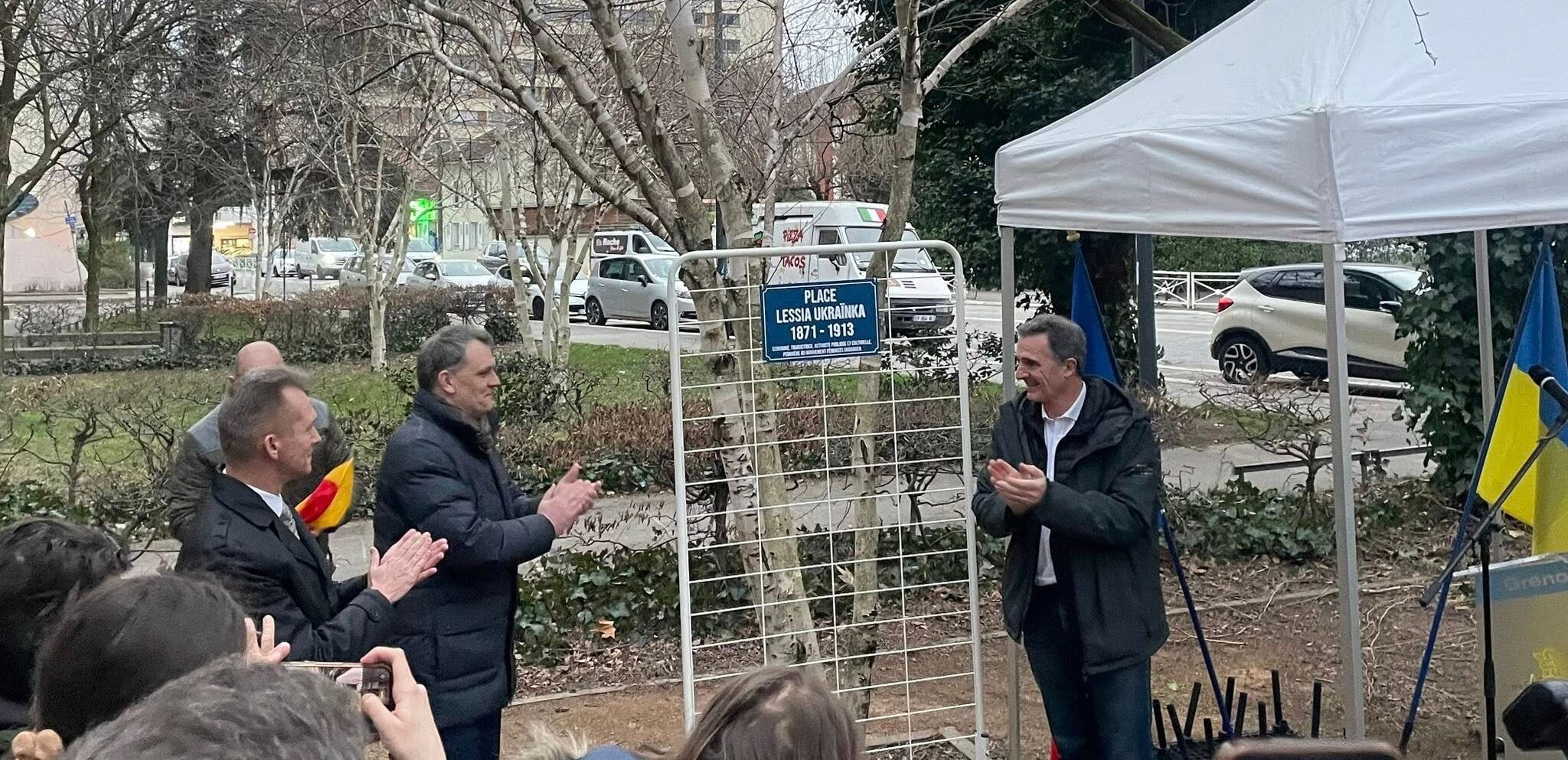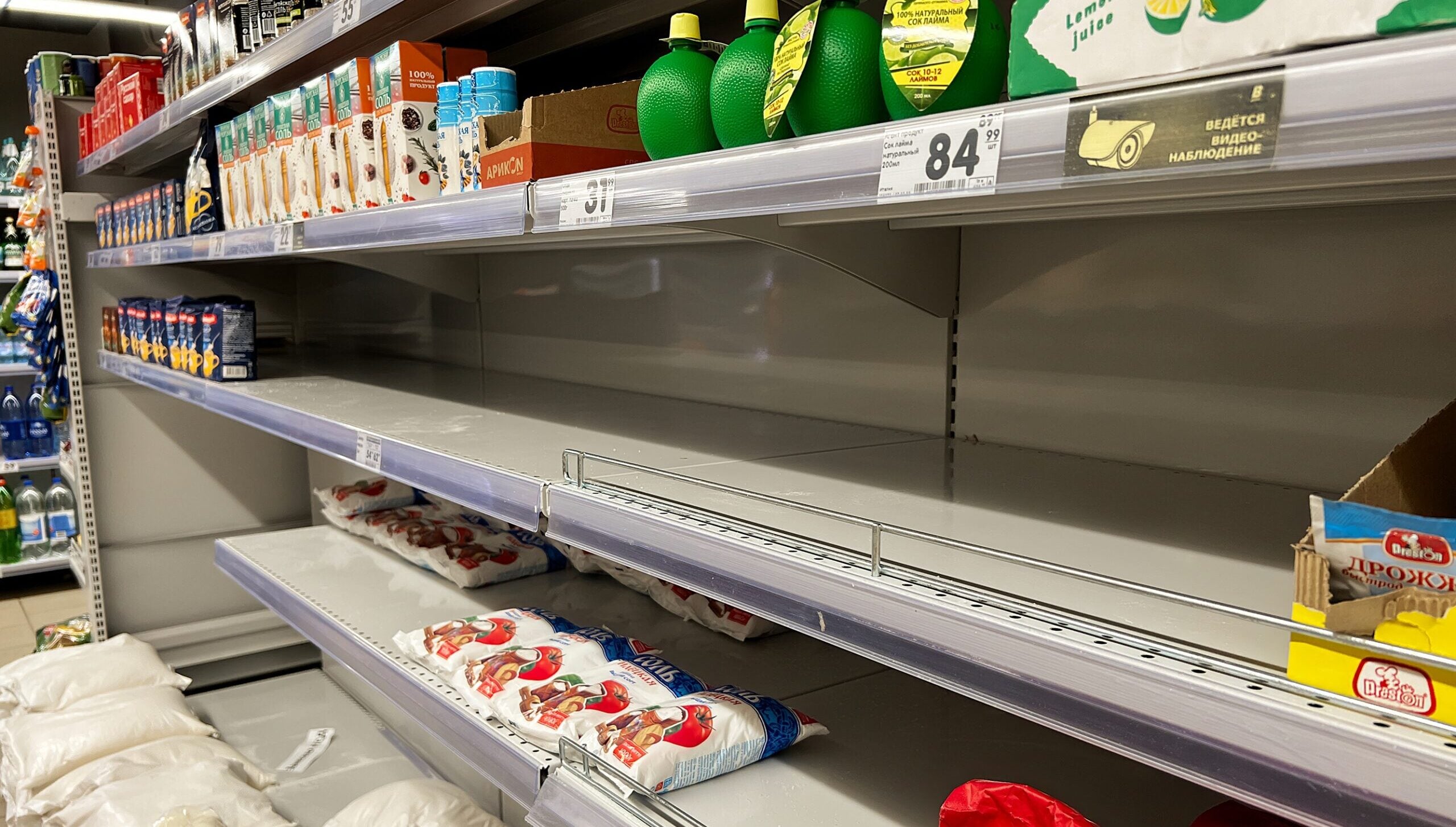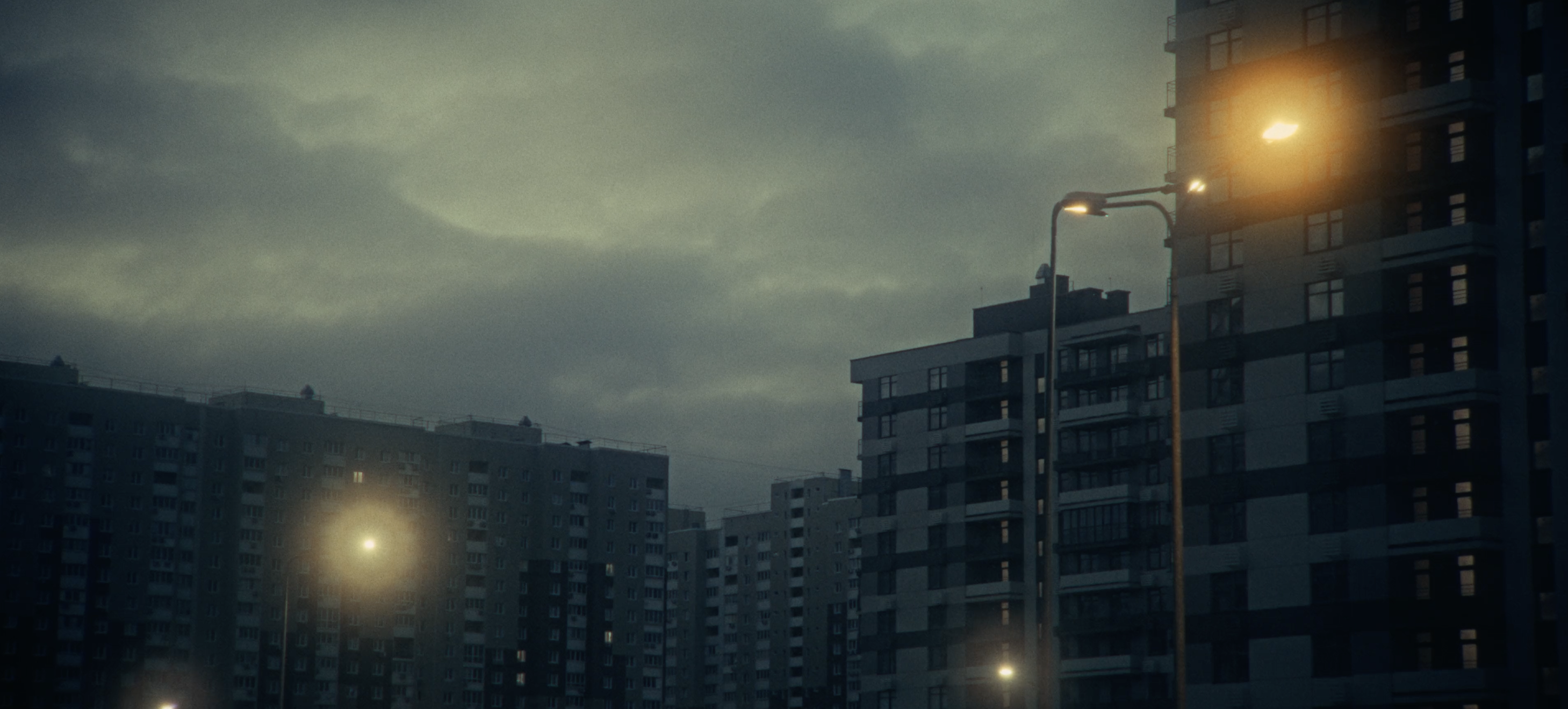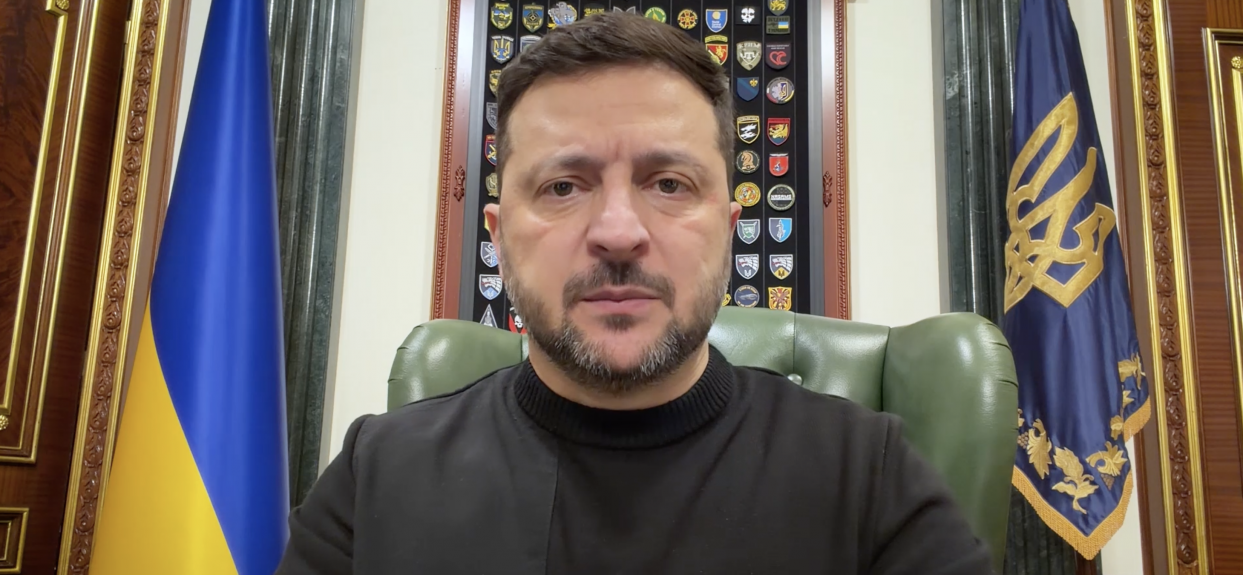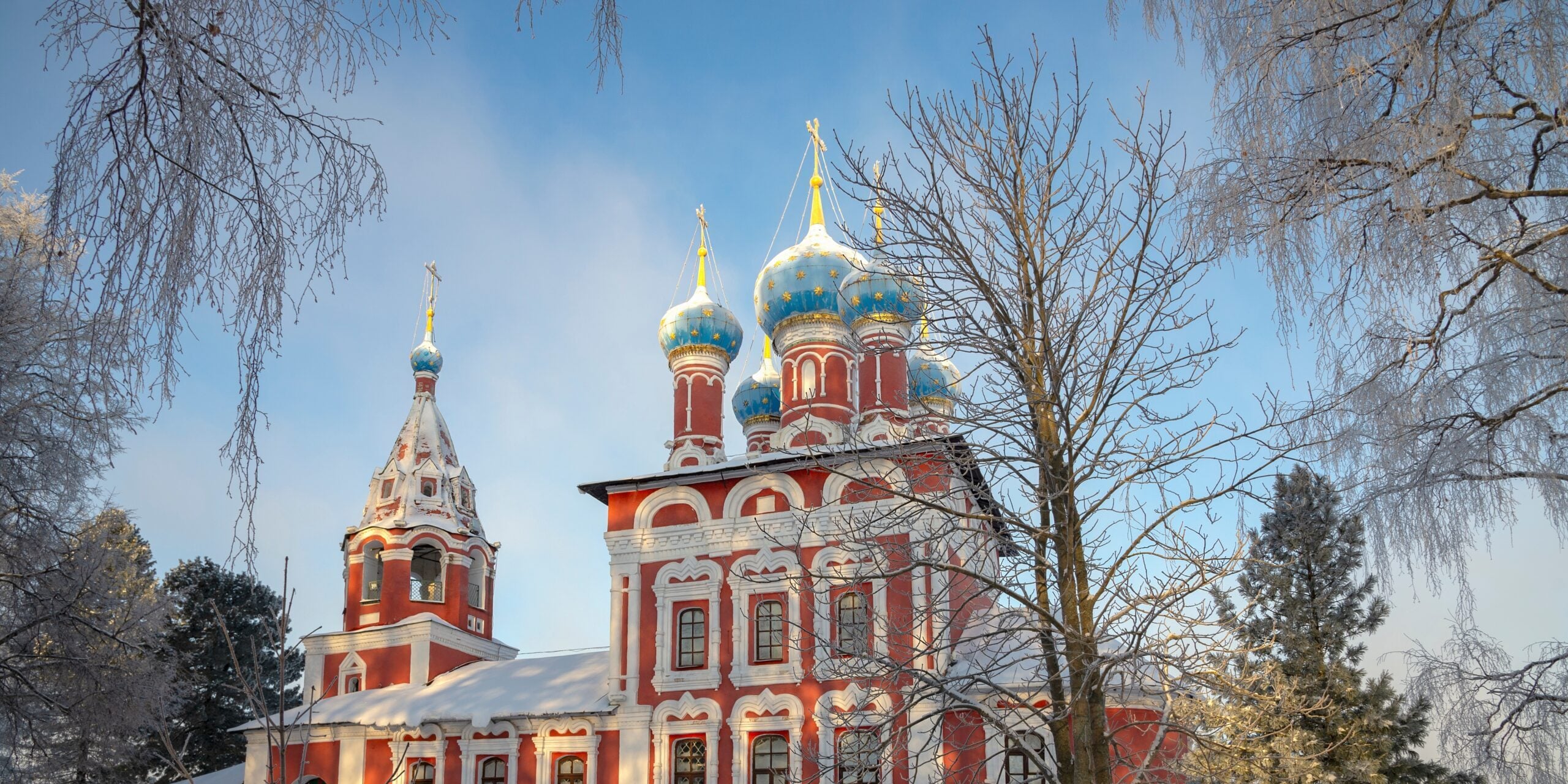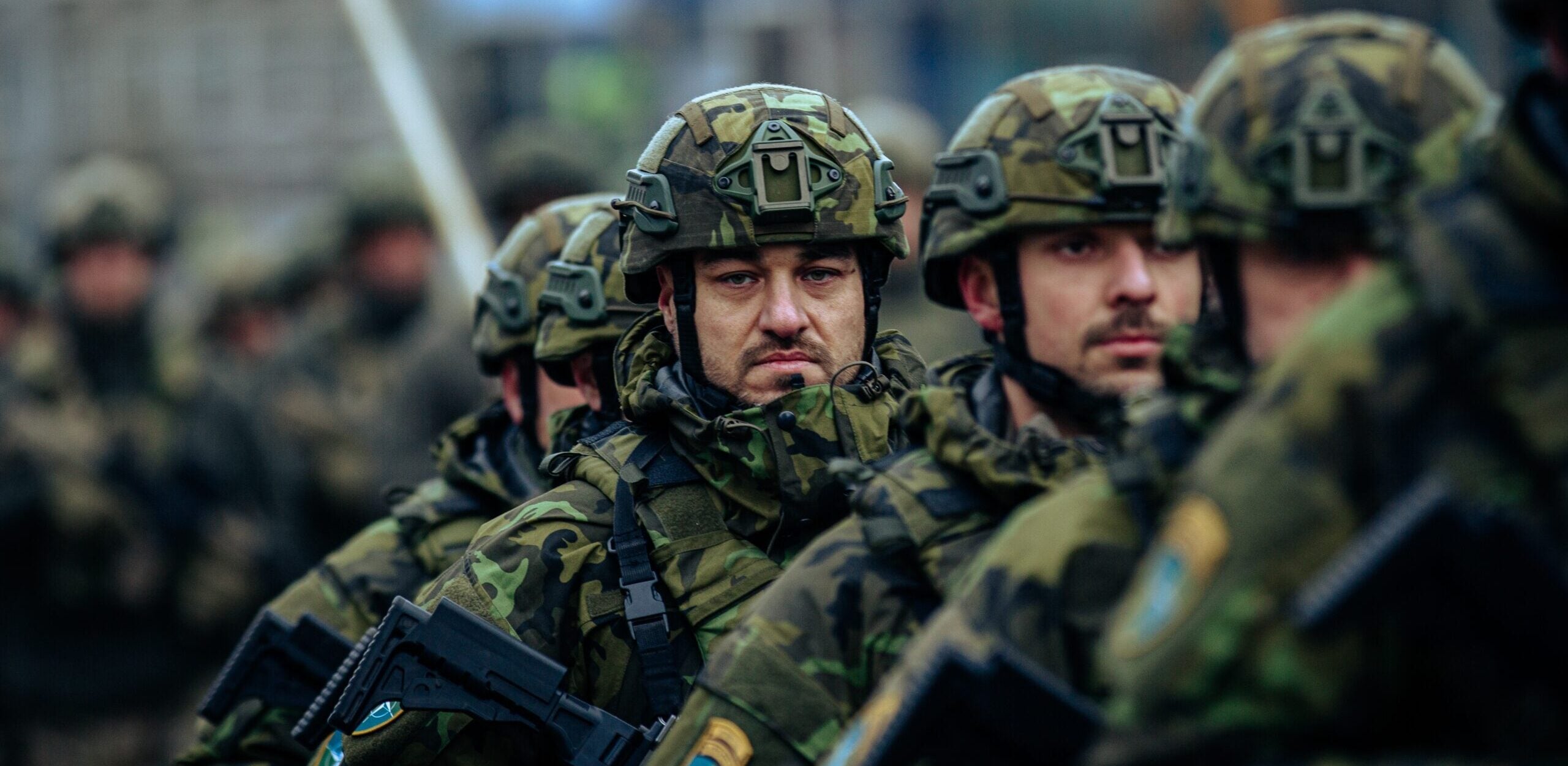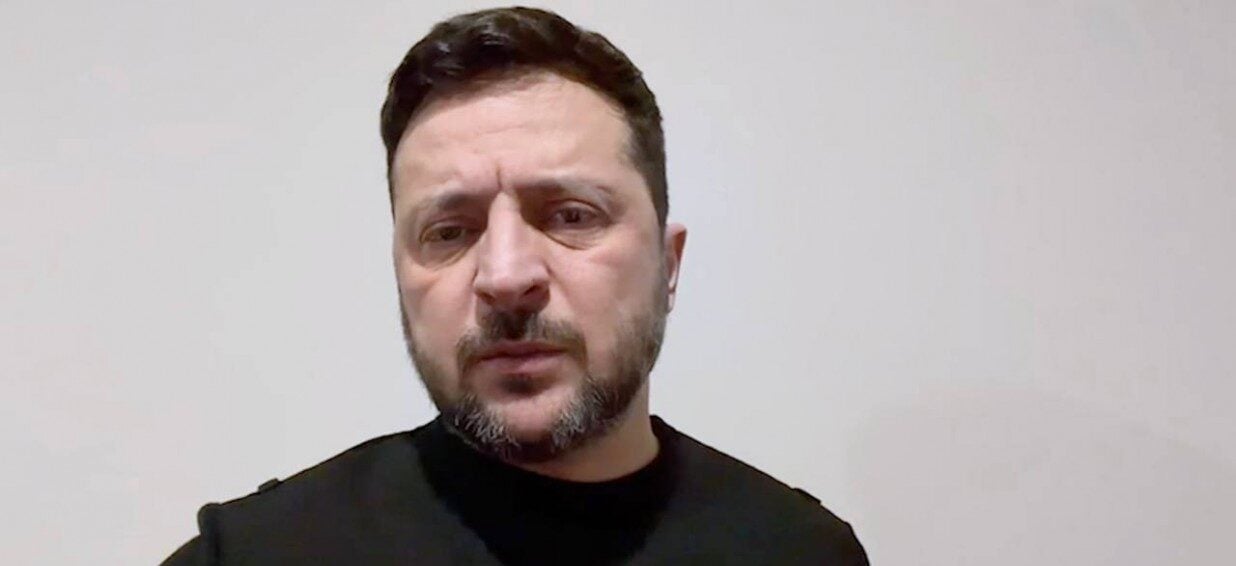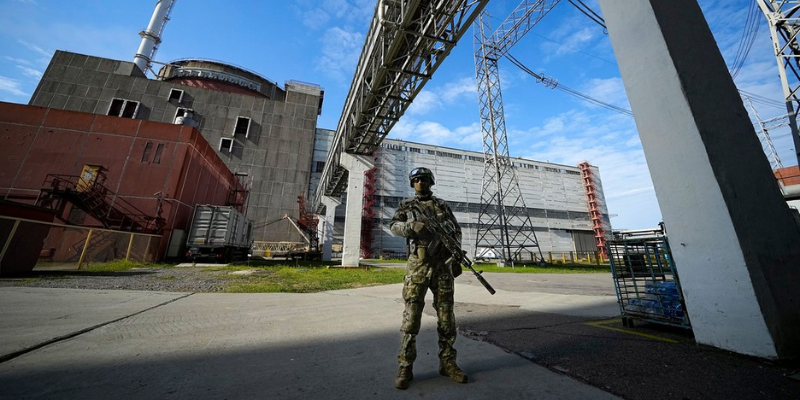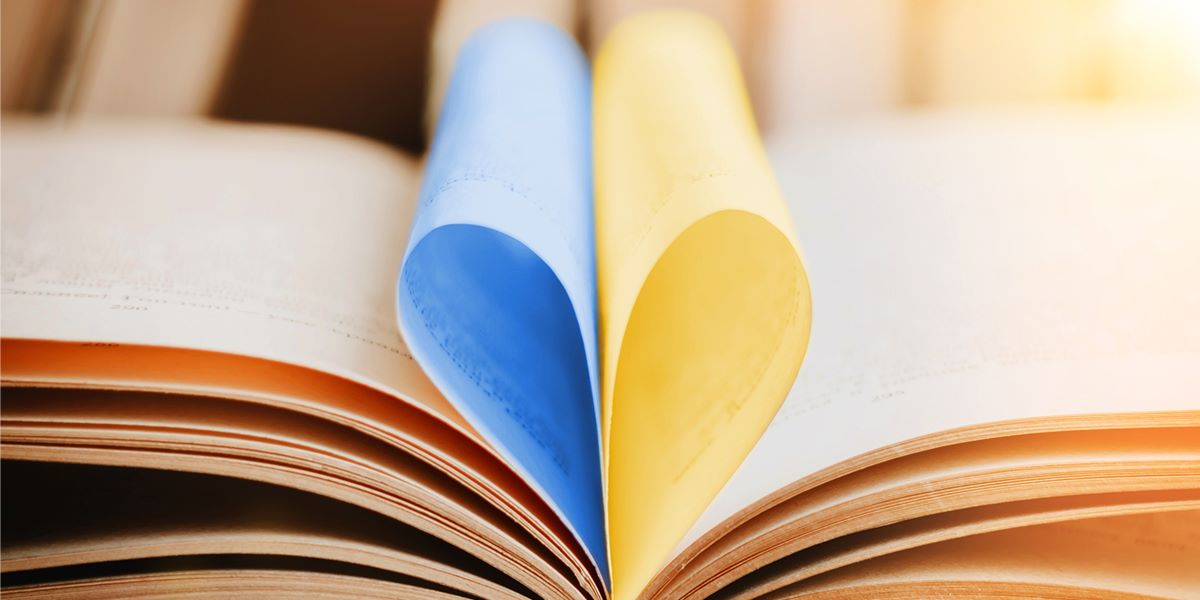
On November 9, the Ukrainian World Congress (UWC) joins Ukraine and Ukrainians around the world to celebrate the Day of Ukrainian Literature and Language.
“November 9 is a very special day for every Ukrainian. It reminds us that our mother tongue is our people’s unique national treasure. It is one of the most beautiful languages in the world and one that unites Ukrainians wherever we may live. It also reminds us of our national language’s ancient roots, and of its fundamental role in the formation of the Ukrainian nation,” stated Paul Grod, UWC President.
Following centuries of oppression under Russian, and then Soviet rule, the Ukrainian language finally gained official national language status when Ukraine re-established its independence in 1991. Since then, Ukraine’s parliament has adopted legislation aimed at strengthening the role of Ukrainian language in the public sphere while protecting minority language rights in Ukraine – measures that have been supported by the vast majority of Ukrainians.
The Ukrainian language has once again come under direct attack since the start of Russia’s unprovoked, full-scale military invasion: in the Russian-occupied territories of Ukraine, the invaders are removing and destroying Ukrainian books from schools, libraries, even private owners, on a wide scale. Ukrainian speakers are being persecuted and tortured for their language; Russian state propaganda claims that Ukrainian is a “made up” or “artificial” language, or a “dialect of Russian.”
“As history has shown us before, the Russian aggressor is once again trying to destroy our national identity by destroying the Ukrainian language, which is at the heart of our nation. We must defend our mother tongue once again. The Ukrainian language is more than a means of communication; it is also a symbol: a symbol of who we are as a people and our resistance to Russian tyranny and aggression,” Paul Grod added.
On this day, UWC calls upon Ukrainian communities around the world to step up their support for the study and promotion of the Ukrainian language. We also call upon our communities to use their language skills in a very practical manner, and actively liaise between local governments and Ukrainian refugees, to ensure the refugees’ language, cultural and life needs are met.
